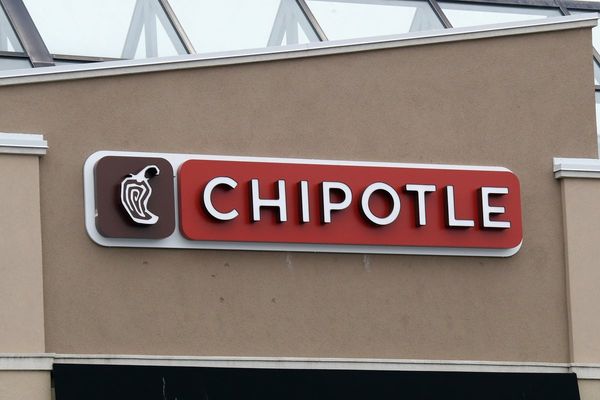
Microsoft had discussions about selling its Bing search engine to Apple, but the talks never went beyond a preliminary phase, Bloomberg reported.
The deal would have let Apple used Bing to replace Alphabet’s Google as the default search engine on Apple products. Details about when exactly the talks occurred or the price discussed was not reported.
The leak about the negotiations comes as Microsoft, Google, and Apple executives are taking the stand in a historic antitrust trial that has peeled back the curtain on search bar deliberations at the highest echelons of Big Tech. The federal government has sued Google for allegedly abusing its dominance in the search market.
Microsoft declined to comment to Fortune about the talks, while Alphabet and Apple did not respond to a request for comment.
In 2014, Google and Apple entered into an agreement that gives Google prime real estate on all Apple’s screens. The value of that deal, only hinted at in the ongoing trial testimony, has never been disclosed, but investment firm Bernstein estimates that it could net Apple around $19 billion this year.
Microsoft introduced Bing in 2009, but it has failed to gain a significant foothold in the search market, in which Google has an estimated 90% share.
Testimony from Google’s antitrust case included a Microsoft executive admitting that Apple had only ever considered Microsoft as a “bargaining chip” in its talks with Google over search. The threat that Apple might switch to Bing gave it enough leverage to keep getting bigger payments from Google, explained Mikhail Parakhin, Microsoft’s chief of advertising and web services. He even drew a laugh when he said, “It is no secret that Apple is making more money on Bing existing than Bing does.”
The Apple-Google deal, first signed in 2002, calls for the two companies to split the net revenue generated from Google searches on Apple devices after Alphabet made its money back. In 2020, Alphabet paid Apple between $8 billion to $12 billion for its deal, according to estimates disclosed at the outset of the Justice Department’s probe.
A contract renewal in 2016 included a new clause that would kick in if one of the two companies were ever sued by the government, the exact scenario that is playing out right now for Google, according to testimony from an Apple executive. Known as a “joint defense” clause, it would require both companies to defend each other in the face of a government investigation. The provision was inserted at Google’s request, according to Apple senior vice president of services Eddy Cue, one of the executives who negotiated the deal.
Google’s antitrust case makes the talks about selling Bing even more relevant
Google’s current antitrust case over its search dominance has made the Bing revelations even more timely. One of Alphabet’s principal strategies to secure its top position has been to sign deals with companies like Apple and Samsung to prominently feature its search engine on their devices.
In April, Samsung considered switching to Bing, which sent Google into a “panic.” However, several months later Samsung suspended the internal review, according to the Wall Street Journal. The move spared Google from losing a major tech partner and kept Bing from making further inroads in the search market.
Analysts consider Google's current antitrust lawsuit to be among the most significant legal challenges to the tech industry ever, certainly since the government sued Microsoft in 1998. The government’s attorneys have sought to frame the current suit as a decisive moment for the role tech plays in consumers’ lives.
“This case is about the future of the internet and whether Google’s search engine will ever face meaningful competition,” said Kenneth Dintzer, the Justice Department’s lead litigator.
Much of the trial hinges precisely on the sorts of deals Alphabet signed with the likes of Samsung and Apple and whether they helped Google secure an unfair advantage against competitors.
“Google’s contracts ensure that rivals cannot match the search quality ad monetization, especially on phones,” Dintzer said. “Through this feedback loop, this wheel has been turning for more than 12 years. It always turns to Google’s advantage.”
Google contends that it does have rivals in search. The company says it faces competition from both traditional search engines like Bing and other online platforms where consumers can get more specialized information like Yelp and Amazon.
“There are lots of ways users access the Web other than default search engines, and people use them all the time,’’ John Schmidtlein, a lawyer from Williams and Connolly, which represents Google, said during the trial.
The original lawsuit was filed by the Justice Department in 2020, meaning the case has spanned two presidential administrations. U.S. judge Amit Mehta is scheduled to provide a ruling in the 10-week trial early next year. If Alphabet is found to have violated the law, another trial will decide what penalties might be issued against the company.







